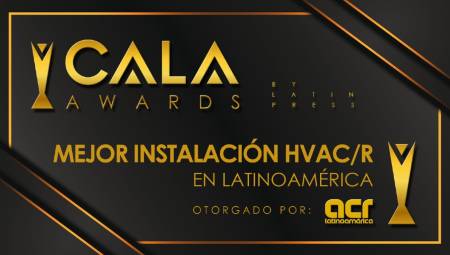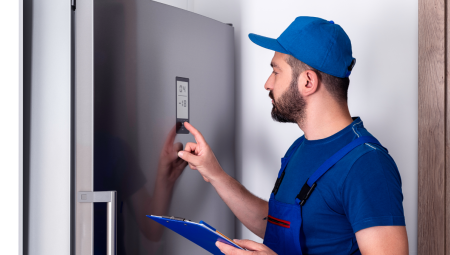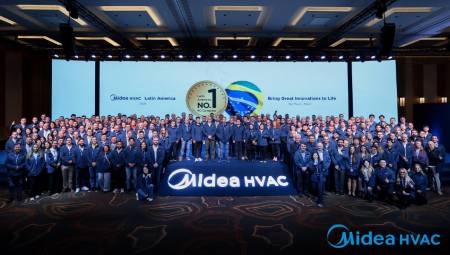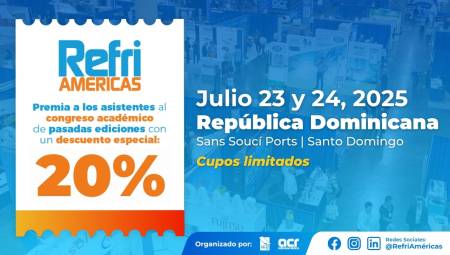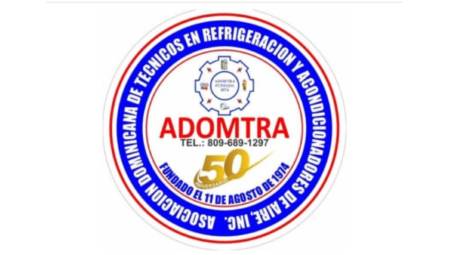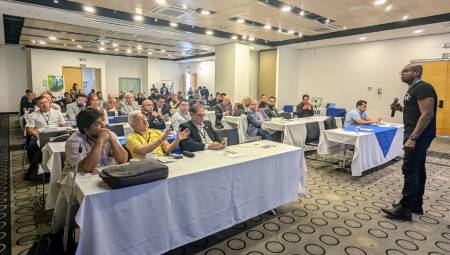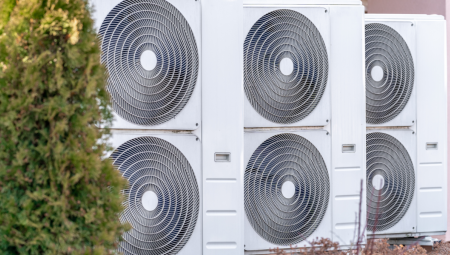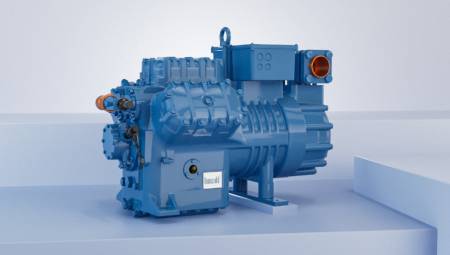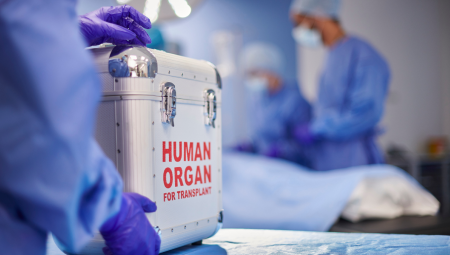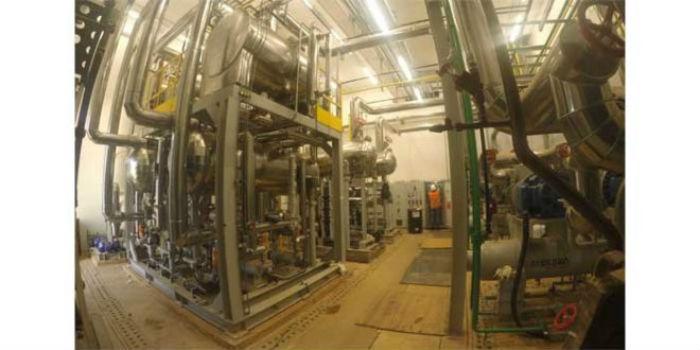 Brazil. Following regulatory trends in Europe, which aim to install technologies that promote the generation of energy efficiency and reduce the amount of ammonium in circulation in the system, a French multinational in the food sector hired Mayekaua of Brazil to develop the refrigeration system for the freezing and cooling of its products in its new Brazilian factory. a, which prioritizes installations with low refrigerant fluid load, as well as the use of natural fluids.
Brazil. Following regulatory trends in Europe, which aim to install technologies that promote the generation of energy efficiency and reduce the amount of ammonium in circulation in the system, a French multinational in the food sector hired Mayekaua of Brazil to develop the refrigeration system for the freezing and cooling of its products in its new Brazilian factory. a, which prioritizes installations with low refrigerant fluid load, as well as the use of natural fluids.
If on the one hand the system with ammonia is extremely energy efficient, on the other there are greater risks due to its toxicity, such as when a leak occurs, for example. To solve this issue, the Mayekawa Group has dedicated itself to developing indirect refrigeration systems that use CO2 Brine for the cooling or freezing of the product or for air conditioning. In this case, the ammonia load is reduced when CO2 is used as a secondary coolant (Brine), optimizing energy efficiency and decreasing the level of toxicity, thus increasing the operational safety of the cooling system.
"As a low-cost natural fluid with a low dynamic viscosity, CO2 has been an optimal secondary fluid option following the trend of natural refrigerant fluids," says Silvio Guglielmoni, commercial director of Mayekawa in Brazil.
Mayekaua's commercial supervisor from Brazil, Ricardo César dos Santos, explains that the Brine CO2 system was initially developed by the Mayekawa Group. "By not pumping ammonia for forced air evaporators in refrigerated spaces, a small load of that refrigerant fluid is used in the engine room at the primary stage of the refrigeration cycle, to reduce the temperature of CO2 to frozen (-30 ° C) and cold (-10 ° C). CO2 is pumped into forced air evaporators as a secondary liquid. Through the application of the Mayekawa solution with CO2 Brine, we achieved a significant reduction of approximately 90% of the NH3 load from 3,000 Kg to 280 Kg with CO2 application. We also reduced the design pressure by approximately 60% from 120 bar of the conventional transcritical CO2 system to 40 bar in the Brine Mayekawa CO2 system, considerably mitigating operational risks.
With the refrigeration systems developed by the Mayekawa Group operating with Brine CO2, the food industry reduced the volume of ammonia by 90%, in addition to increasing the energy efficiency of the systems.
With 50 years of presence in Brazil, Mayekawa turned to another fifty to collaborate with the project of the new food plant: the Danish Danfoss, which supplied for the installation of CO2 Brine ICF valves, level sensors, safety valves, locking valves, locking valves, pressure control valves and pilots.
"With a large presence in Latin America, Danfoss has internationally certified products that follow the guidelines of Europe. The Mayekawa Group was always careful to choose partners with excellence and Danfoss is one of them," santos adds.
The new food factory is the first facility in the country where Brazil's Mayekaua uses CO2 Brine and a second project is already under development, this time for a large refrigerator. In addition to Brazil, the Japanese multinational has already applied the concept of CO2 Brine in other Latin American countries, with two projects in Ecuador and one in Argentina. In Asia, the Mayekawa Group is also present in more than 500 industrial refrigeration facilities using Brine CO2.
Mayekawa explains the advantages of CO2 Brine as a secondary fluid:
- Lower volume of NH3 (reduction from 85 to 90%);
- Better total energy efficiency between CO2 systems Brine x CO2 Cascade;
- Safety (less impact if there are leaks, benefit in industrial insurance, non-toxic, non-flammable, agility to obtain environmental licenses);
- Lower environmental impact (GWP, ODP);
- Less impact on the study and risk management - EAR or PRG (CETESB P4.261);
- Cost of implementation and operation similar to conventional systems;
- Lower maintenance cost (oil replenishments, overhaul, compressor x pump) compared to Cascade CO2 compression systems;
- System with operation similar to the conventional pumped NH3 system;
- Simplified control and operation system;
- Forced air evaporators with reduction in size and weight;
- Secondary pumps with significant power reductions;
- Pipes with reduction in diameters;
- Oil-free secondary system;
- Secondary system free of air, for operating with positive pressure at low temperature;
- Low CO2 pressure, i.e. similar to the conventional NH3 system.



